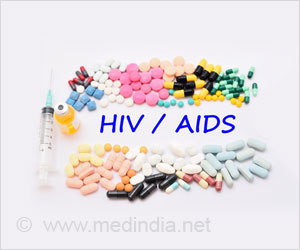The Tamil Nadu government, with the support of non-governmental organisations (NGOs), has successfully conducted an HIV risk behavioral surveillance survey (BSS) in the state.
The Tamil Nadu government, with the support of non-governmental organisations (NGOs), has successfully conducted an HIV risk behavioral surveillance survey (BSS) in the state.
Officials of the state's health department disclosed this at a 'Dissemination Seminar', an event organised for AIDS patients under the auspices of the AIDS Prevention and Control Project (APCP) here.Since 1995, the APCP has been periodically conducting HIV/AIDS prevention programmes on a mass scale.
The main goal of the project is to reduce the sexual transmission of HIV and also care and support for the HIV affected.
Many HIV positive patients attended the 'Dissemination Seminar'.
According to the Principal Secretary of Health and Family Welfare, V K Subburaj, there has been less spread of this particular disease because of increasing usage of condoms and also reduction in the needle sharing among drug addicts.
Advertisement
So usage of condoms is very good. There has been increased condom usage. There is substantial reduction in people sharing needles especially people using drugs. That means they use new needles for every week. So this will definitely show that there has been less spread of this particular disease," Subburaj added.
Subburaj also said that as HIV risk prevails more among the college students as such it is vital to create awareness amongst them.
India was thought to have the world's biggest HIV-positive caseload with 5.7 million infections, but a new UN-backed estimate released last year almost halved that number after conducting a new survey based on population rather than specific groups.
The report that was prepared after a research done over a period of 18 months was submitted to the United Nations in March 2008.
Source-ANI
SRM















